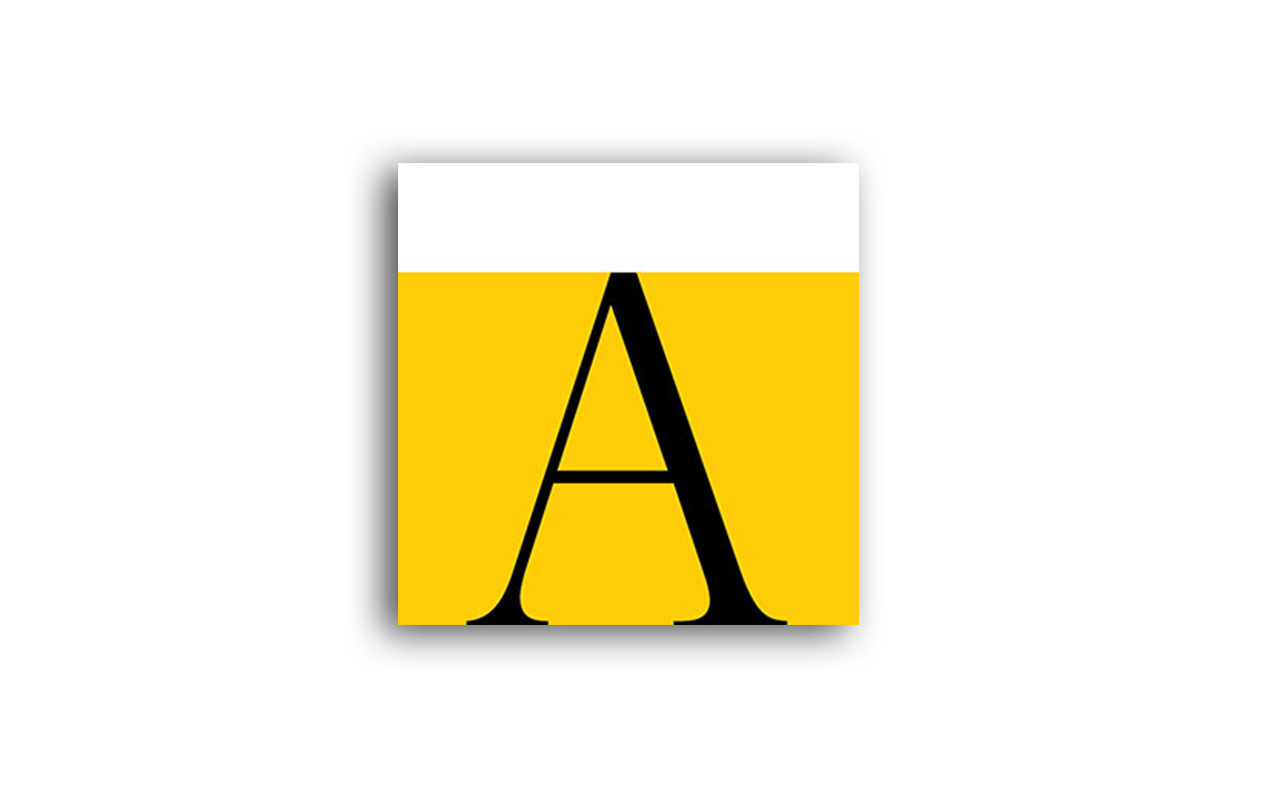Excerpt:
“City and Lab are terms that have been frequently paired in recent years, revealing a contemporary zeitgeist that emerges from the acknowledgement that the world’s exponential population growth is increasingly occurring in cities. This growth, the argument goes, has made the city too complex, too big, too messy, and too varied to be studied as anything but a scientific object. The laboratory—a place for controlled experimentation with specific techniques and instruments—is not just a metaphor but an Enlightenment model of thought that positions the city as an object that can be measured, designed, and controlled, if approached with enough care and rigor.
In the fall of 2014, The Atlantic—in partnership with The Aspen Institute and Bloomberg Philanthropies—hosted the second annual CityLab conference in Los Angeles. The stated goal of the three-day conference was for participants to “foster constructive dialogue and create scalable solutions to share with their constituencies across the world.” An impressive line-up of more than three hundred distinguished speakers coupled with wide-spread media coverage has already positioned this emerging conference as a strong voice on the future city (the previous year’s inaugural program was named Best Conference of 2013 at the FAME Awards). For those interested in the conjunctions of urbanism, commerce, and politics that define con-temporary cities, CityLab’s potential impact cannot be ignored; for those invested in the role of designers within this network of urban actors, CityLab’s limits should not be overlooked.”
